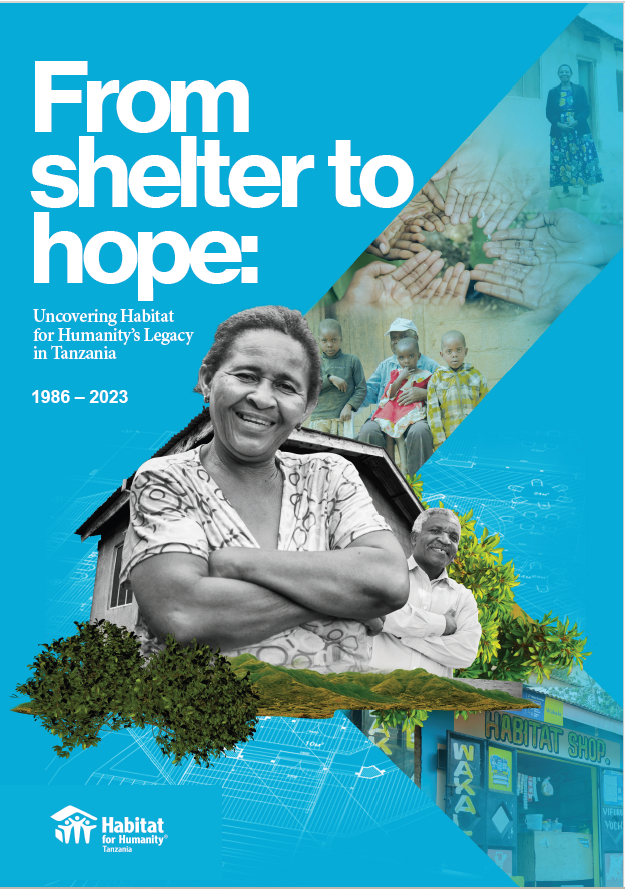What we do
Our impact in figures
People reached through building and home improvements
People supported through WASH, climate mitigation and livelihood training
through market development
The Housing Need in Tanzania
The housing need in Tanzania is estimated to be 3 million units, with an annual increase of 200,000 units (Shelter Afrique). Taking these factors into consideration, the housing deficit in urban Tanzania is estimated to be 1.2 million units, of which 36% are in Dar Es Salaam. Rapid population growth rate of about 3.2% intercensal growth rate.
Tanzania’s population increased by 37% between 2012 and 2022 (2022 PHC). Housing needs of 3,000,000 Units. Access to affordable housing remains a challenge for many people. A total of 739,285 houses were at various stages of construction, but households started living there due to a scarcity of housing (2022 PHC).
“Access to decent and affordable housing for most low-income households is still a critical challenge, mostly in urban settings. Housing environment branded by low quality building materials, low tenure security, poor access to facilities and services (such as electricity, clean energy for cooking, drinking water, and sanitation facilities).”
Housing Eco-System study report (May 2022)
Our programs
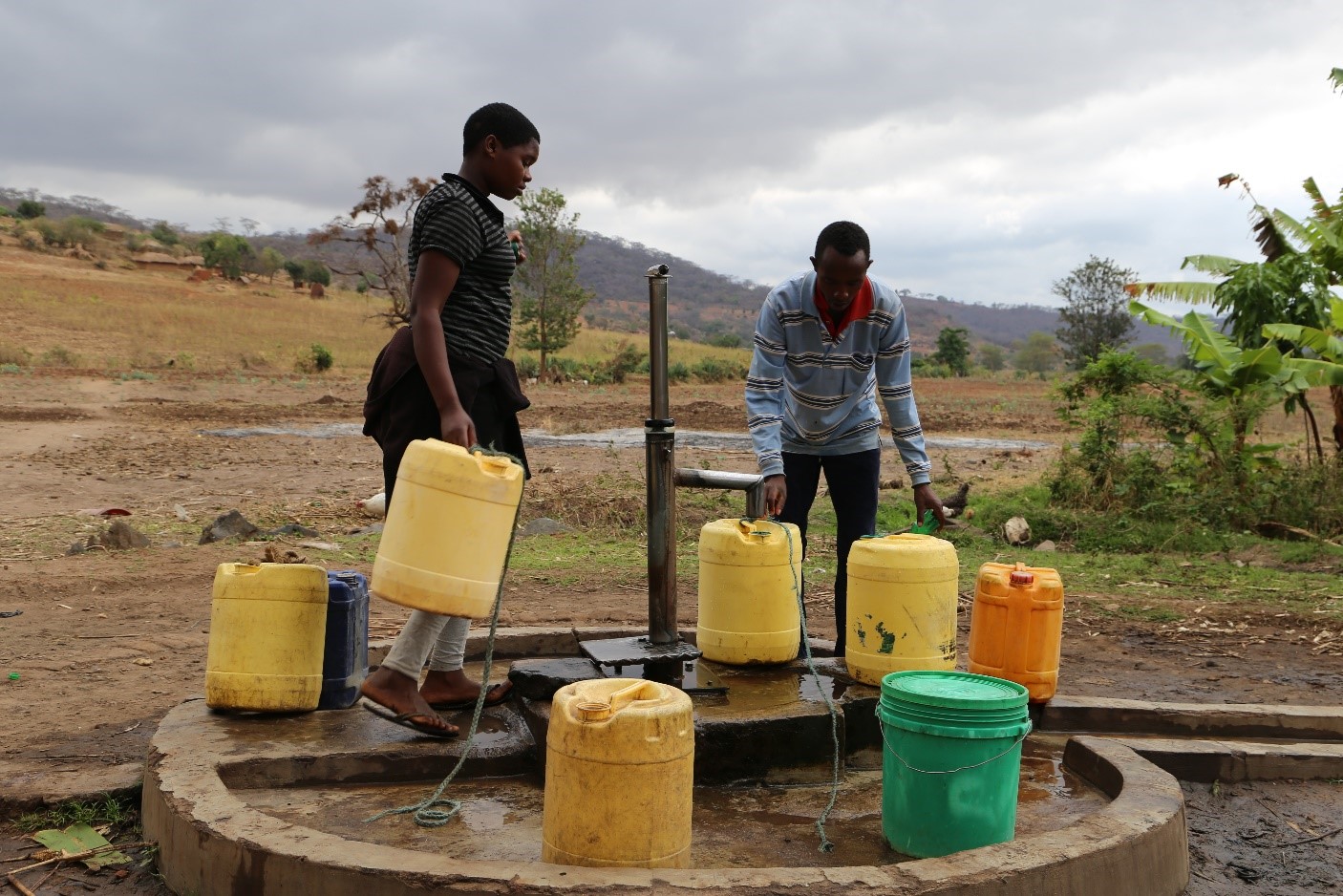
WASH Challenges
Nearly 39% of the population (roughly 24+ million). Tanzanians grapple with limited access to safe drinking water sources). Access to basic services like WASH (water, sanitation & hygiene) is a challenge for both rural and urban community settings. The review clearly revealed the presence of a sizable proportion without basic access to safe water and inadequate sanitation coverage among towns and cities.
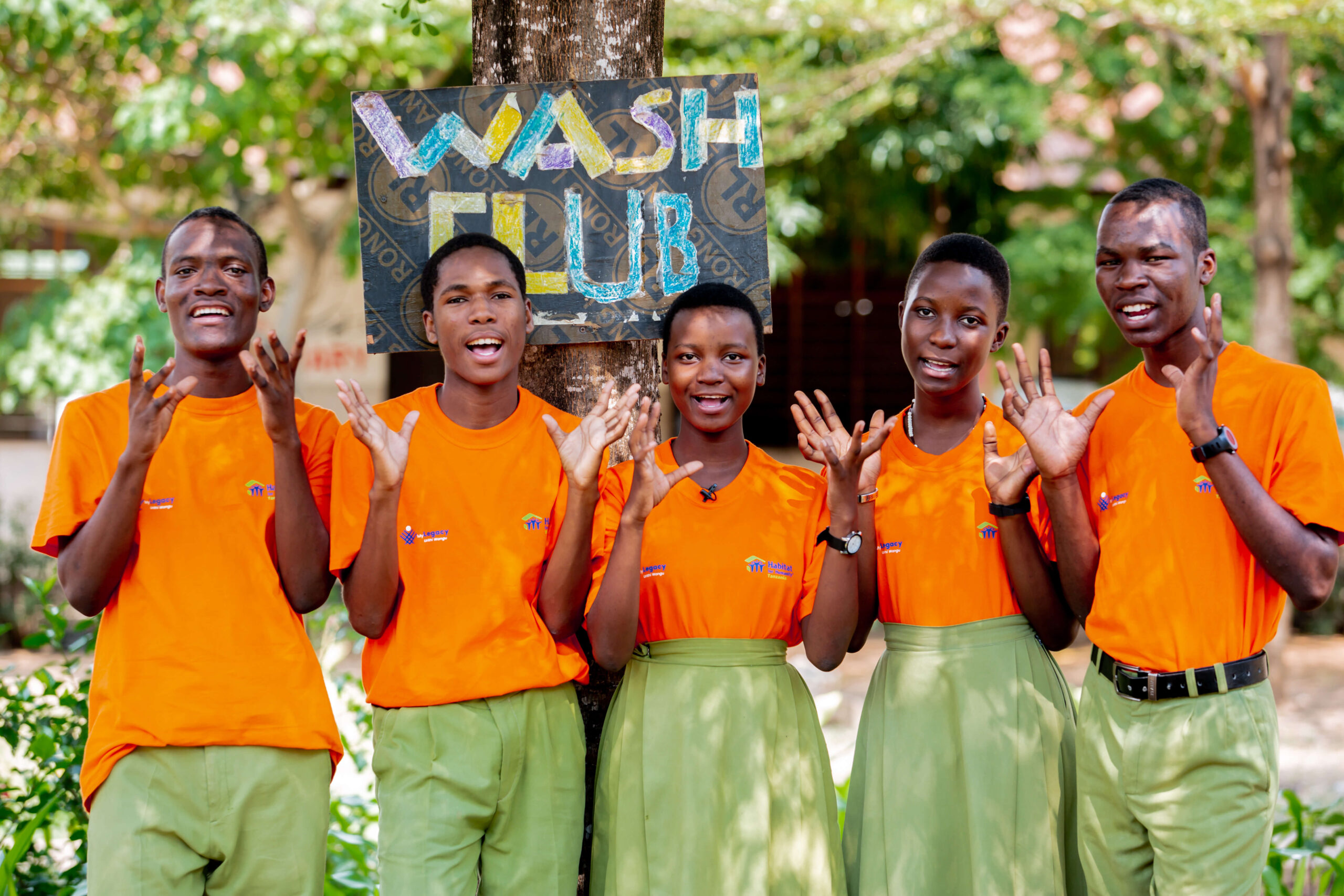
WASH Interventions
A total number of 2900 people reached through WASH projects from 2020 to date. Among this, a total number of more than 1,900 people were served through our partnership with WaterAid Tanzania through water bole hole infrastructure construction in Sangara, Babati district council, and other stakeholders benefited. A total number of 1000 girls benefited from girls’ friendly toilets in Dar es Salaam region Kinondoni and Ubungo Municipalities.
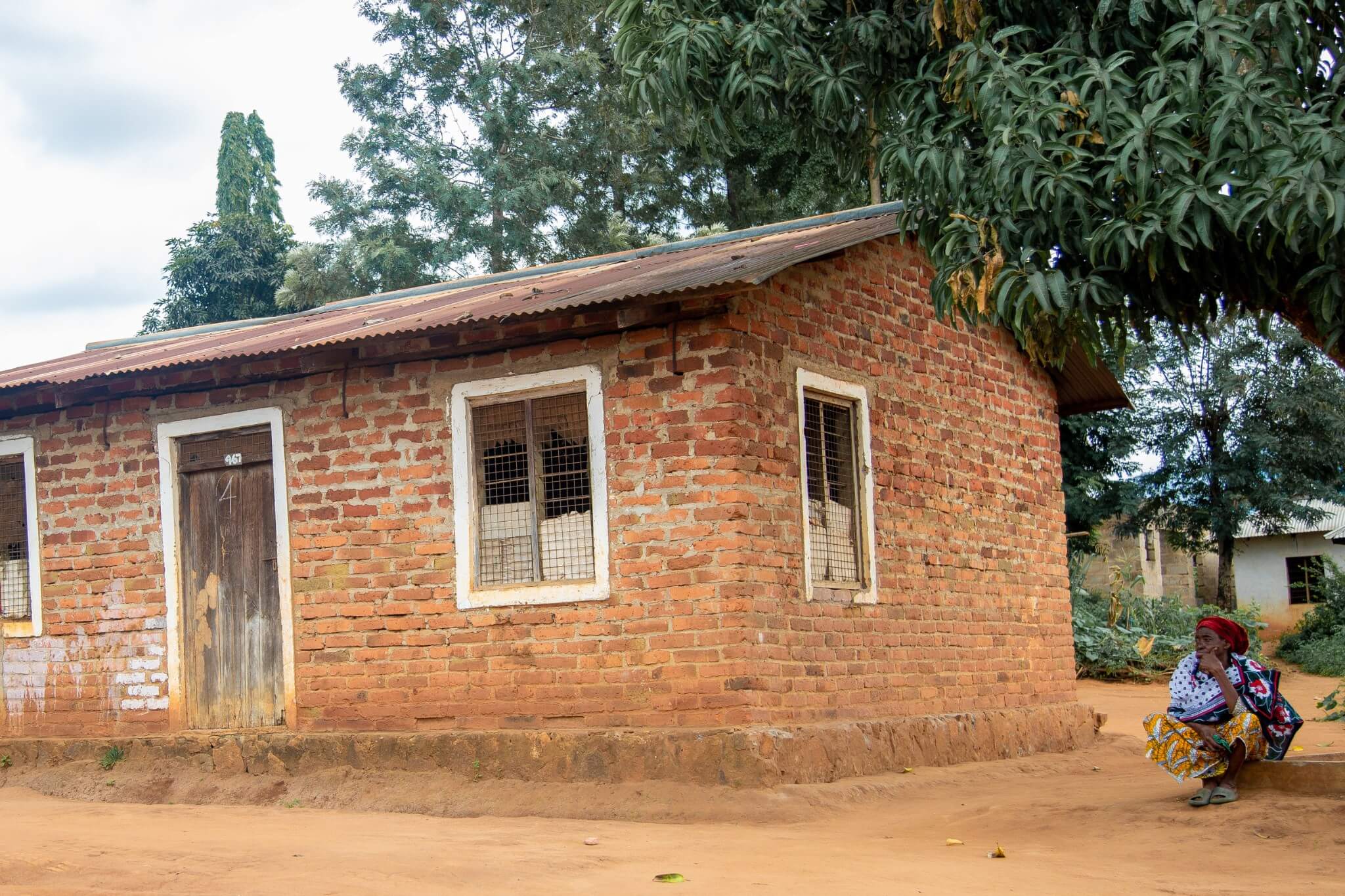
Land Tenure Issues
About 65% of rural land in Tanzania operates under customary tenure. Urbanization: At the national level, the national housing deficit is currently estimated to be 3,000,000 million units, increasing by 200,000 annually (MLHHSD, 2018). About 40% of this deficit is estimated to be in urban areas, as the urban population is 35% of the total population, which currently is 67 million. In addition, there are still issues with Land management and regulatory systems for affordable housing, Housing finance, the landscape, and Natural and man-made disasters.
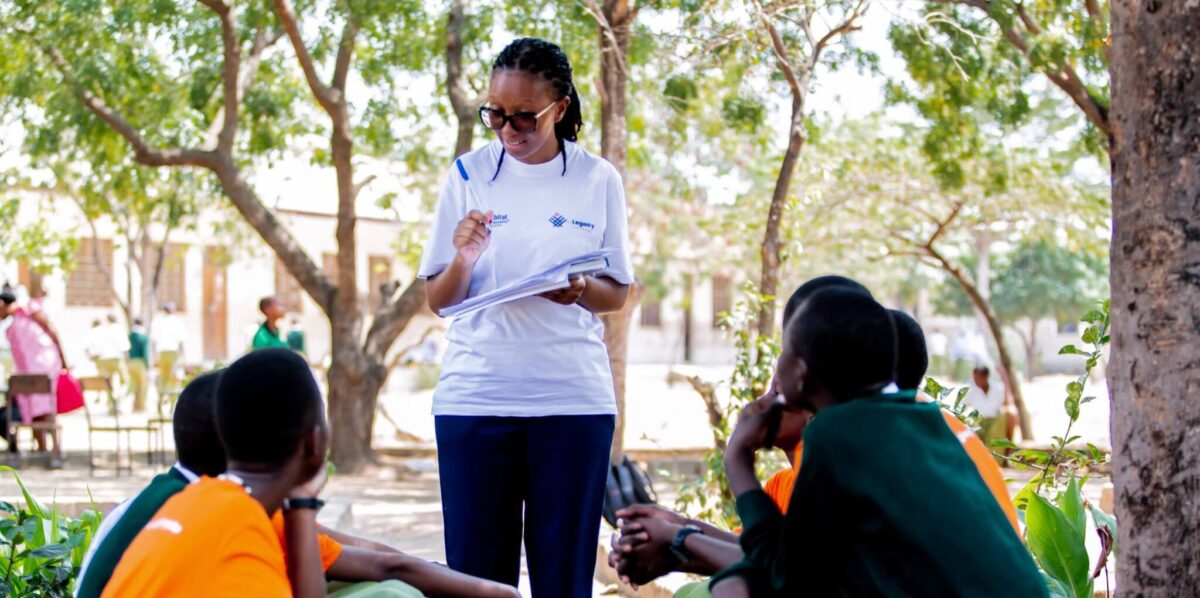
Advocacy Intervention
From 2022 to date, advocacy work has reached more than 40,000 people. The advocacy focused on affordability, basic services, and land tenure. We work with financial institutions to lobby for the design of affordable products that favor low-income families and allow them to access finance. We help individuals and communities be informed of their land and property rights, raise awareness of land reforms for women and youth, sexual and gender-based violence, and the importance of proper sanitation and menstrual hygiene. We engage policymakers and implementers to facilitate housing policy reforms and reviews to further individuals’ and communities’ advocacy efforts. We will participate in advocating for relevant policies that affect households in issues such as housing, land, and microfinance.
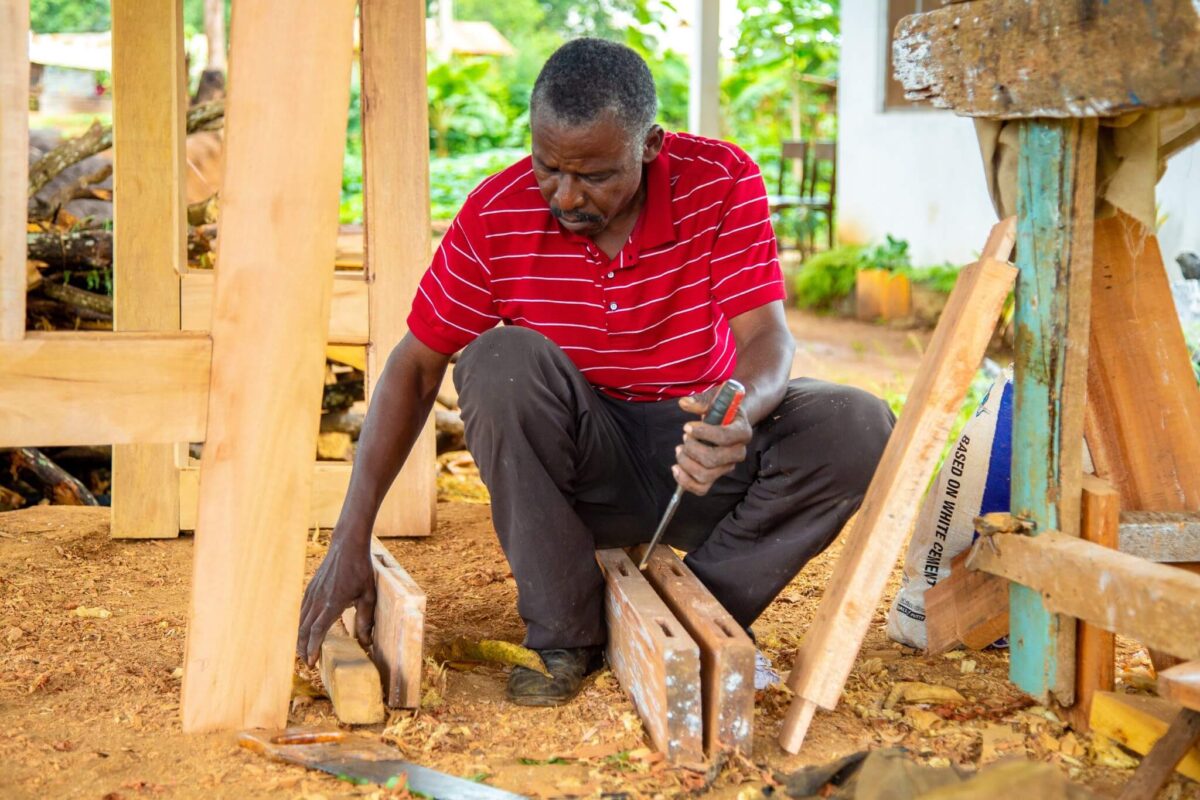
Advocacy Intervention
According to the Housing Microfinance Study report (2023), Tanzanian Low-Middle Income Households are suffering from a shortage of loans to build or improve their homes. In addition, the housing microfinance space in Tanzania is relatively underdeveloped, as stated in the Housing Eco-System in Tanzania report (2022). The report further states that available statistics indicate there is a high demand for housing microfinance products (about TZS 700 billion) compared to supply. However, this excludes most low-income households. The shortage of loans is due to the status of Low-middle-income families; they can neither access nor afford housing finance to improve their homes. Moreover, the income levels of most households in Tanzania are too low; 90% of the population can afford less than $45 on housing per month, and 68% can afford less than $23 per month (Housing Market Study, Tanzania, 2012). It is estimated that only 3% of the population can afford a mortgage. In this view, it is estimated that demand for housing microfinance in Tanzania exceeds $400 million (Market Study on Housing Microfinance, Tanzania, 2012).

Financial Systemic Intervention
A total of 4,586 people have been served under affordable financial resources to improve their houses. In 2018, 2,340 people were served. Later over 1,500 youth and women have been positively impacted by the offered services in the community using a total of originally allocated $45,000 to serve 230 beneficiaries. The provided grants have now increased to $108,163 due to interest gained as a result of the revolving fund model that increased the target scope. In 2023, a total number of 516 Women and Youth reached and were impacted by these affordable financial resources through Makazi bora products to do incremental housing in Dar es Salaam region Temeke district from 2019 to date.

Systemic Market Housing Solutions
According to the Housing Microfinance in Tanzania report (2023), Financial institutions lack prior awareness of Housing Microfinance (HMF), though very few had experience in providing an HMF-specific product to their clients. Other focuses on mortgage financing that doesn’t favor the HFHT target group. The opportunity here is for the HFHT to bring different housing actors together, both Public and Private stakeholders, to advocate for the effective utilization of available Financial Institution fund opportunities from, e.g., TMRC, as well as the use of available Technical Support from HFHT TCIS to customize the housing financial product to fit our partner families.
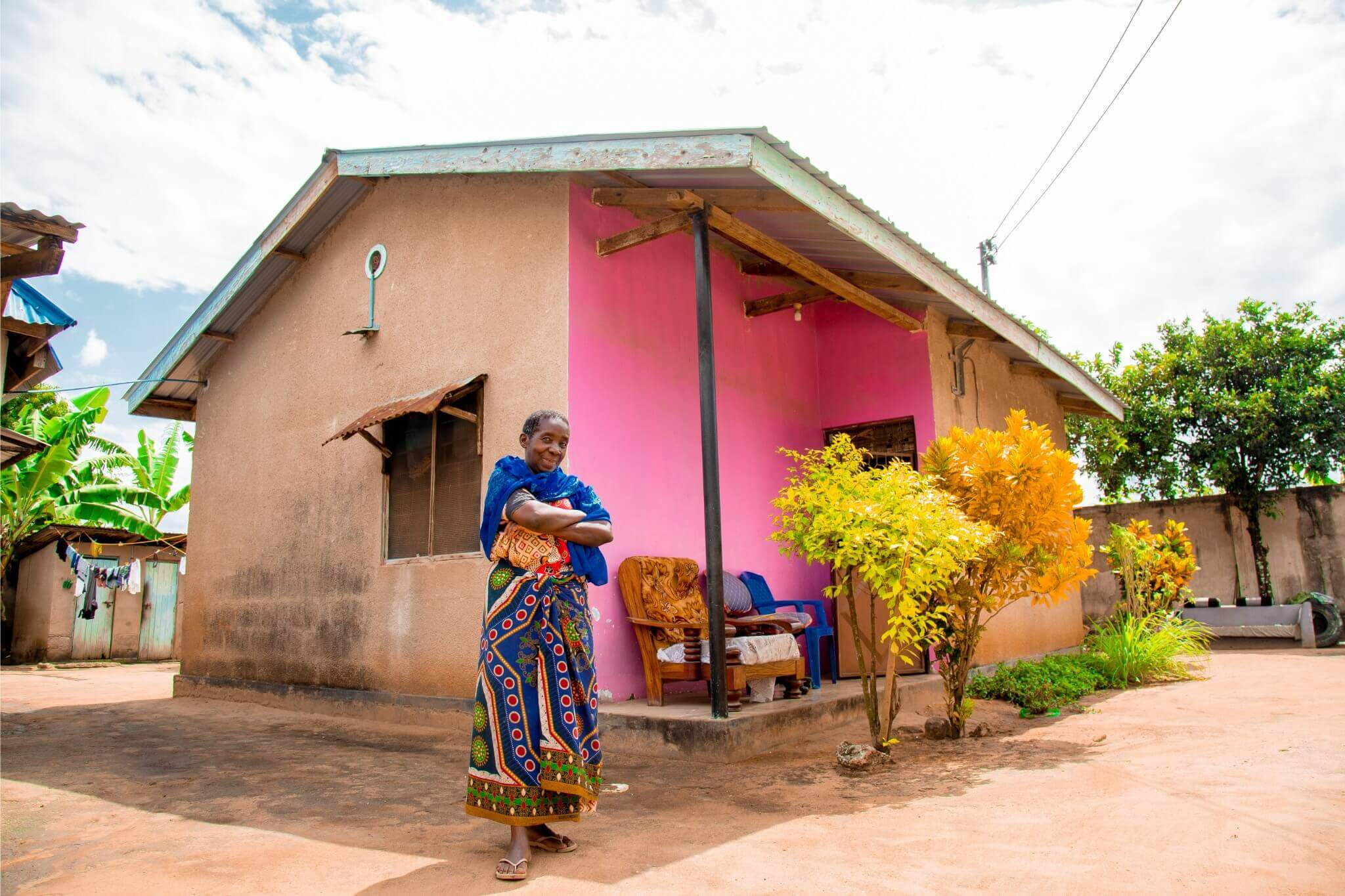
Building Homes
We have been able to build affordable housing for low-income families to tackle urban poverty in Tanzania- from slums to rural areas. We have tackled rural and urban poverty housing everywhere, from Kigoma, Dodoma, Tanga, Tabora, and Zanzibar. Our focus has been the provision of safe and decent housing. A total number of about 327 houses were built, and low-income families benefited from the constructed houses in this project (new building and incremental building) in 10 regions from 1986 to date.
From Shelter to Hope
From Shelter to hope: Uncovering Habitat for Humanity’s legacy in Tanzania is a beautifully crafted compilation that captures the impact of Habitat for Humanity in the regions of Dar es Salaam, Dodoma, and Tanga.
Through in-depth interviews with partners, Habitat Tanzania’s staff, board members and other stakeholders, this booklet is a testament to the positive change we’re collectively bringing to communities.

